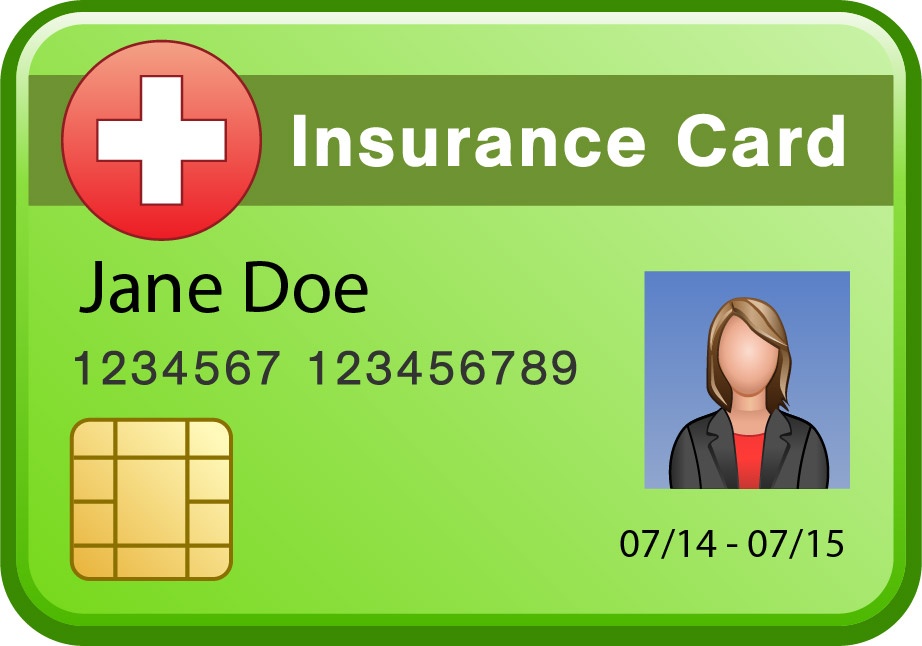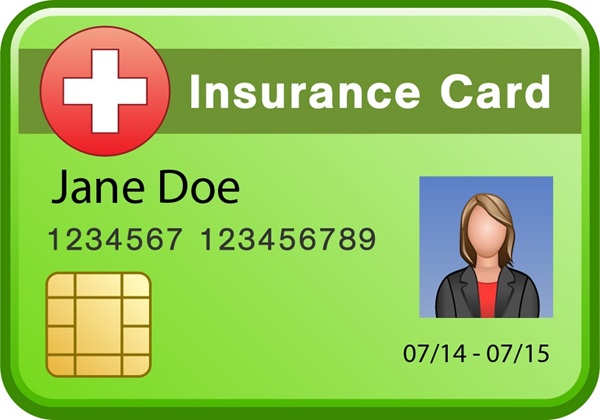A new survey from the Commonwealth Fund found nearly a quarter of 19-to-64-year-old Americans with health insurance last year—approximately 31 million people—were considered “underinsured.” Meaning patients had health insurance, but their coverage did not always protect them from high medical bills and major financial issues. The culprit? Increasing deductibles and high out-of-pocket costs.
 Key findings from the survey include:
Key findings from the survey include:
- Adults with low incomes or health problems are at greatest risk of underinsurance and have high rates of medical bill issues: 42 percent of those with incomes below the federal poverty level were underinsured.
- Medical bill and debt problems have long-term financial consequences: Nearly half of survey respondents said they exhausted their savings to pay medical bills, nearly one quarter were dealing with collection agencies and 7 percent had to declare bankruptcy.
- Underinsured adults aren’t always getting the medicines they need: 26 percent of underinsured adults reported not filling a prescription.
The New York Times’ “The Upshot” highlights, a notable change in the U.S. health insurance landscape appears to have occurred between 2005 and 2010—five years before the Affordable Care Act passed—when only 13 percent of insured Americans met the fund’s definition of underinsured. Since then, the number of adults expected to pay a deductible for their medical care before insurance kicks in has increased, as well as the size of their deductibles.
A recent Kaiser Family Foundation Survey also found consumers are struggling with out-of-pocket costs. As reported by The Wall Street Journal, “When asked what they would do if they had a $1,500 medical bill, 43 percent of those with high-deductible plans said they would have to borrow money or go into credit-card debt to cover a $1,500 medical bill. Fifteen percent said they would not be able to pay such a bill.” The Journal goes on to say, “Deductibles, like all forms of cost-sharing, help keep health-care use and costs down, but finding the right balance between appropriate and excessive cost-sharing has become a major challenge for employers, insurers, the government, and consumers.”
Given the high combined deductibles associated with many exchange plans, the survey underscores that the expansion of insurance coverage may not be enough to protect from financial strain. When prescription medicines are included in a large, combined deductible, many patients face hundreds of dollars in out-of-pocket costs month after month. On AccessBetterCoverage.org we’ve been highlighting the burden high out-of-pocket costs and high combined deductibles for prescription medicines put on patients. For many, these out-of-pocket costs can mean forgoing needed care or treatments and ending up in the hospital later.
For more information on health coverage and questions to ask to make sure your plan fits your needs, visit AccessBetterCoverage.org.
Get ABC and other updates here. {{cta('4fe14269-44de-493b-a19c-946e0454614a')}}



 Key findings from the survey include:
Key findings from the survey include:

